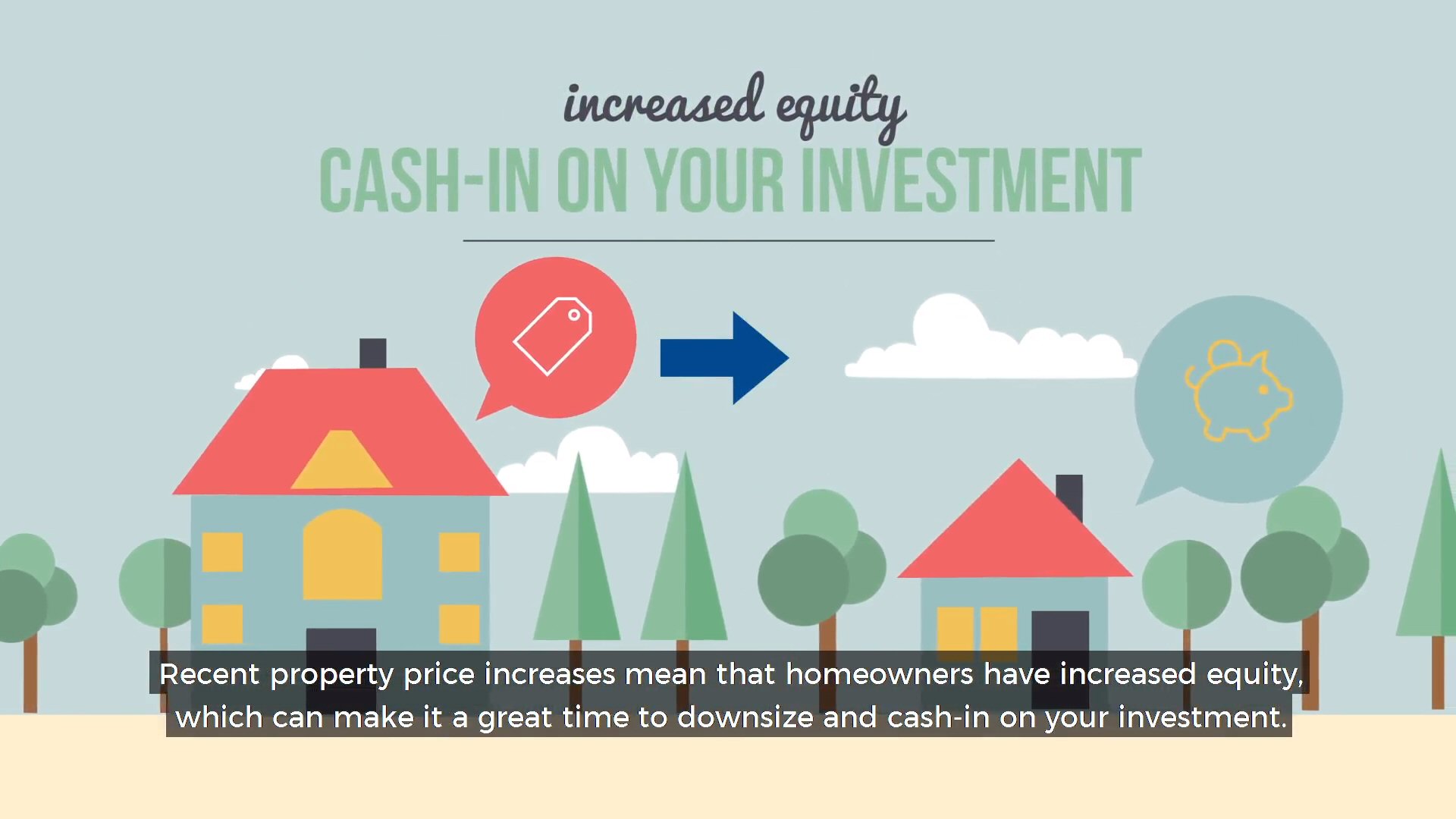Sales
- Properties for Sale
- Guide To Buying
- Guide To Selling
- Renovating for Profit
- New Homes and Developments
- Tips For First Time Buyers
- Auctions
Posted on: Tuesday, March 13, 2018

Finding your dream home can be a challenge. If your children have left home or if you have too much space, you might be looking to downsize. What are advantages to downsizing in 2018?The main reasons to downsize is to release equity, go mortgage free, or to live in an appropriately-sized home. It will also mean lower running costs, which can be very welcome as the cost of living rises.
Recent property price increases mean that homeowners have increased equity, which can make it a great time to downsize and cash-in on your investment. Downsizing can be difficult because it will mean compromise. If you only want a specific location, you may have to buy a smaller house, or the benefit of off-road parking may mean you can’t get an extra bedroom. What factors are most important to you? Transport links, community atmosphere or more space? Ultimately, the best time to downsize depends on personal circumstances. Be aware of market conditions, your budget, and be honest about your needs and requirements, otherwise, you could stand to lose out financially and emotionally. The Guild is a network of the best 800 independent estate agents around the country.
Are you thinking of downsizing? Contact your local Guild Member for advice at guildproperty.co.uk/find-a-guild-member.